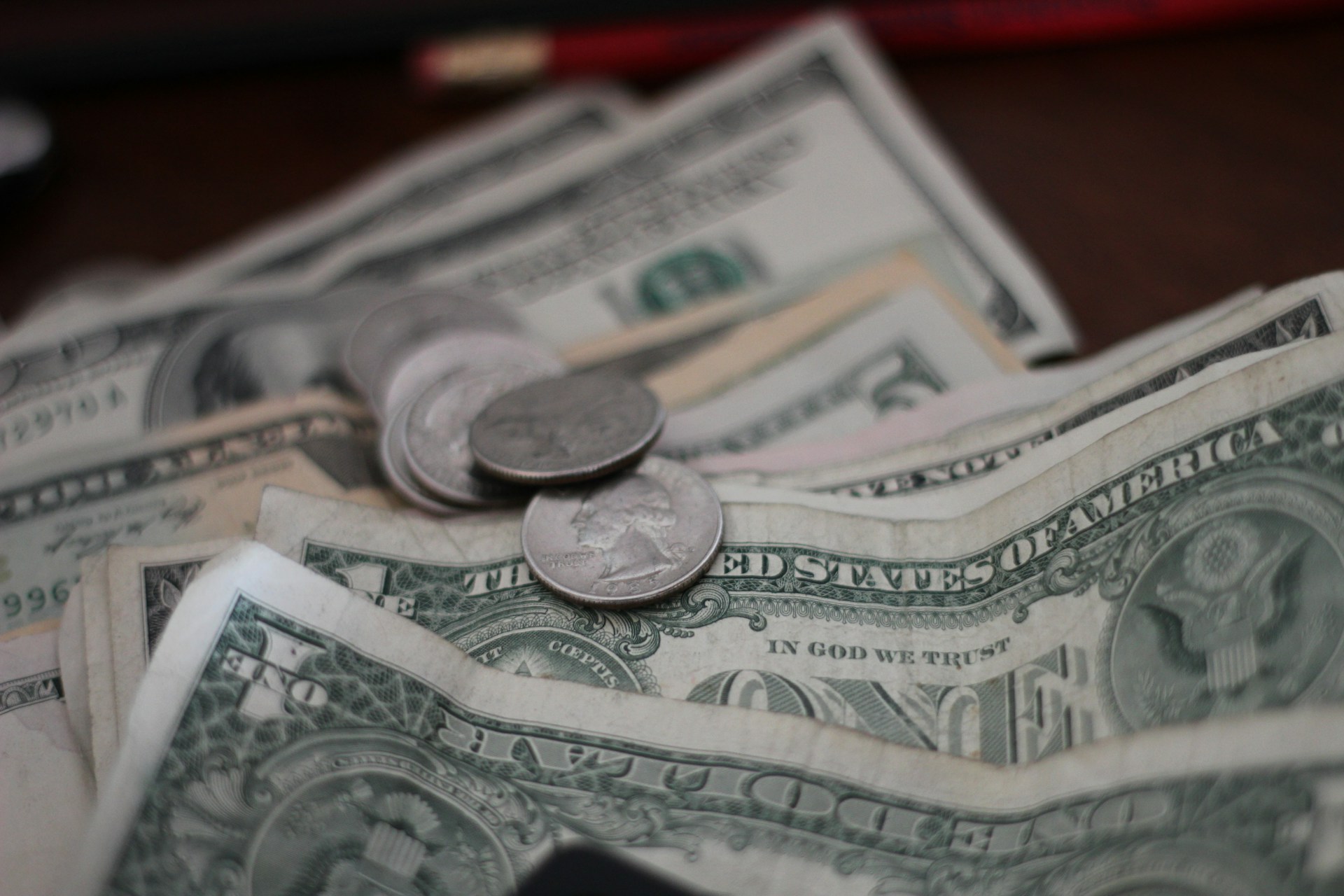Fed rate hike as a positive stimulus for the economy
Analysts’ pessimistic predictions about the US economy have not come true. Contrary to expectations, it continues to recover, with monthly indicators showing growth. Moreover, the Fed’s interest rate hike is not slowing this growth, which raises many questions among experts.
It seems that stable economic growth is impossible with such interest rates. However, the American market is proving the opposite. This confused Wall Street analysts and gave rise to various theories. One is that the population has more money than is officially recorded. Another suggests that rising interest rates are driving economic growth. These theories sound fantastic, but most experts reject them. But several facts show the opposite:
– an increase in GDP;
– a fall in unemployment;
– rising corporate profits.
Indicators along these lines are growing as fast as at the time of the first interest rate hike. According to experts, this dynamism is due to a sharp rise in the key interest rates – from 0% to 5% and more. This was the first time in 20 years that such a rise had occurred, leading to a rapid increase in the income of a part of the US population. We are talking about gains on bonds and deposit accounts. Logically, people started to spend more, which stimulated the market.

The rationale behind the rate impact theory
A number of experts, including David Einhorn of Greenlight Capital, disagree with this theory. He argues that the economy is also under pressure from a sharp rise in the federal budget deficit. US debt has reached US$36 trillion, double the level of the previous decade. Rising interest rates have also affected government debt repayments, adding US$50 billion in costs.
Einhorn noted that the US economy has grown relatively slowly with zero interest rates. At the same time, their moderate rise may provide an additional stimulus to the market. In this case, it is important not to overdo it. A rise in interest rates to 8% or more could be a severe blow to borrowers.
Household income is over US$13 trillion, including income from short-term interest-bearing assets. This is almost three times the amount of consumer debt—US$5 trillion. In this case, the analyst does not consider mortgages, which involve the payment of interest. Therefore, the net gain for households can be estimated at US$400 billion a year.
The rise in interest rates led to an economic boom. At the same time, lowering them to a certain level slows down growth. To summarise his arguments, Einhorn believes it would be inadvisable for the Fed to lower interest rates. Such a move could cause a recession in the American economy.




